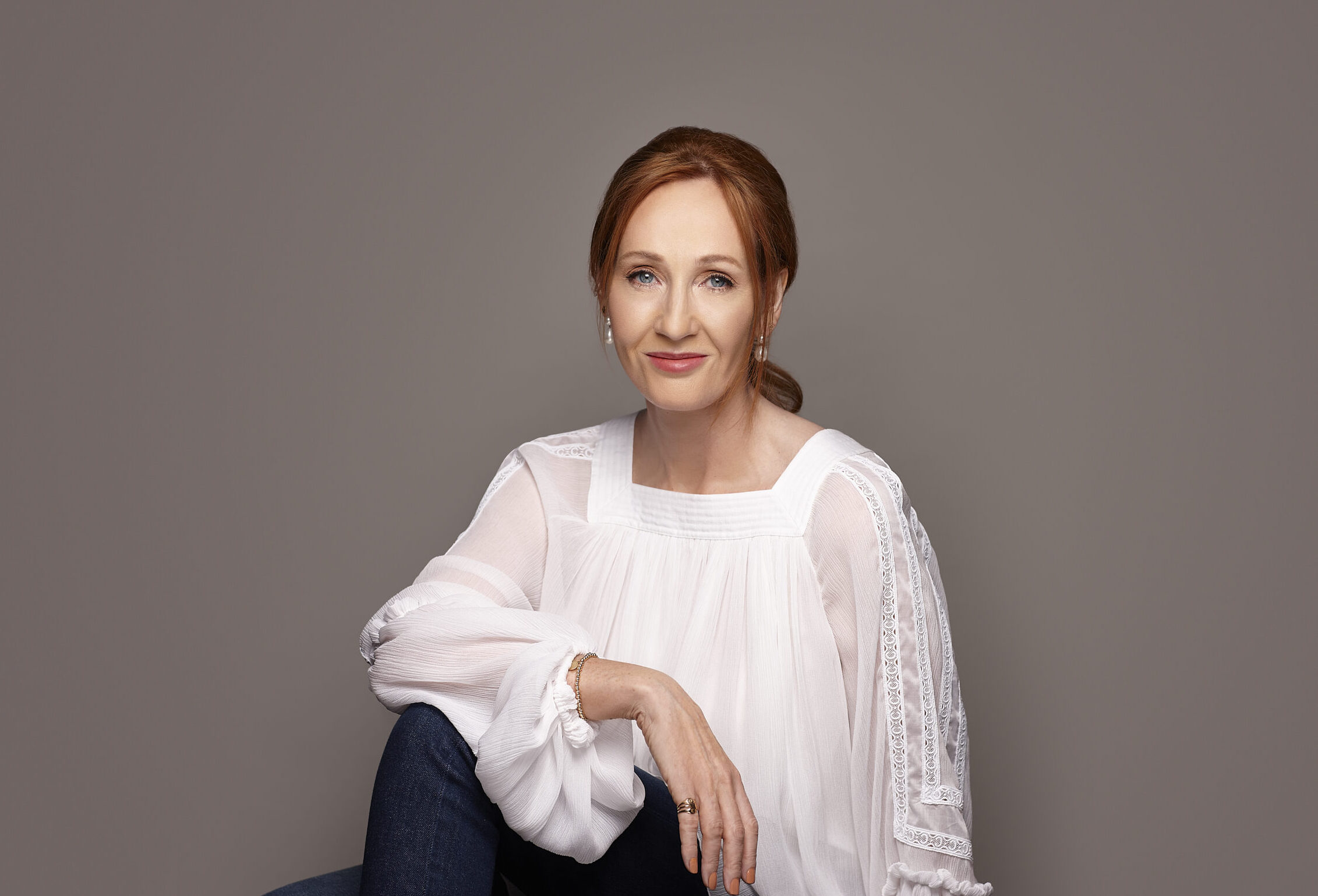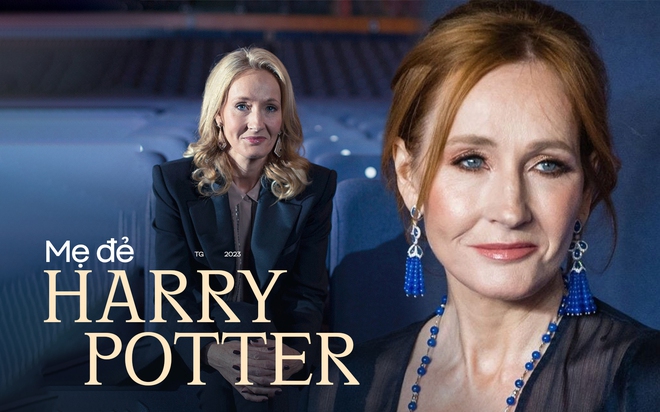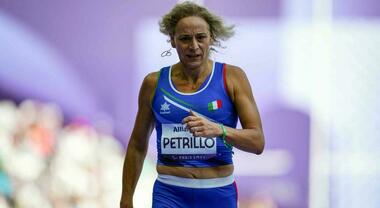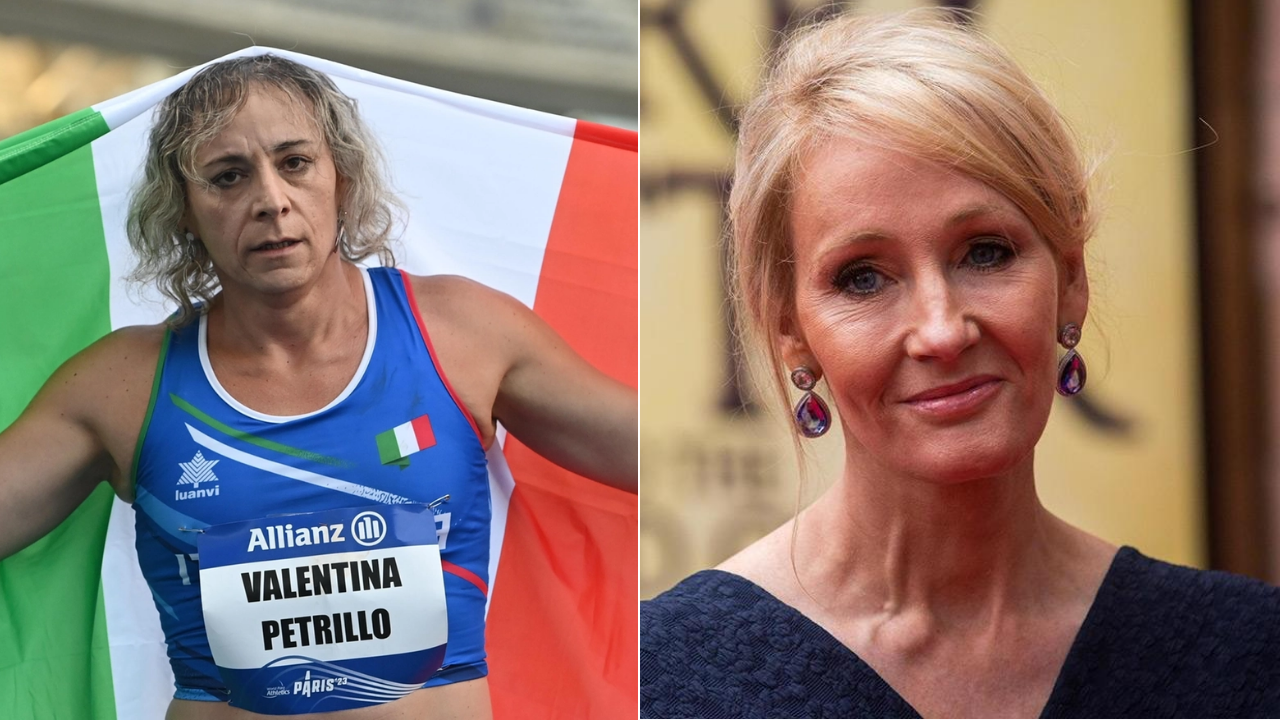JK Rowling Sparks Outrage by Calling Transgender Paralympic Athlete Valentina Petrillo a ‘Fraud’
In a move that has reignited debate over transgender inclusion in sports, author JK Rowling has come under fire for labeling transgender Paralympic athlete Valentina Petrillo a “fraud.” The comments, made during a recent interview, have sparked intense backlash from LGBTQ+ advocates, athletes, and public figures alike. Rowling’s controversial remarks have further entrenched her reputation as a polarizing figure in the ongoing discourse surrounding transgender rights.

The Controversial Statement
The incident unfolded when Rowling was asked about her views on transgender participation in competitive sports. While discussing fairness and inclusion, she singled out Petrillo, a legally blind runner who has been competing in women’s Paralympic events since her gender transition in 2019. Rowling harshly claimed, “Valentina Petrillo is not a legitimate competitor. She is a fraud undermining the integrity of women’s sports.”
Rowling further criticized what she described as the “systematic erasure of biological women” in sports, arguing that allowing transgender athletes to compete in categories aligned with their gender identity gives them an unfair advantage. “It’s not about hatred or prejudice,” Rowling insisted. “It’s about protecting the sanctity of competition and the hard-earned opportunities for biological women.”

Who is Valentina Petrillo?
Valentina Petrillo, 50, has become a prominent figure in the ongoing debate about transgender athletes. Born in Naples, Italy, Petrillo began her athletic career competing in men’s categories before transitioning. Since 2019, she has participated in women’s Paralympic events, representing Italy in several international competitions.
Supporters of Petrillo argue that she abides by the International Olympic Committee’s (IOC) and World Athletics’ regulations on transgender athletes, which include strict testosterone level limits. Her achievements, they contend, are not due to an unfair advantage but rather her rigorous training and dedication.

The Backlash
Rowling’s comments have drawn condemnation from LGBTQ+ organizations and allies, many accusing her of perpetuating harmful stereotypes and targeting an individual who has worked to comply with the rules set forth by governing bodies.
“JK Rowling’s remarks are not only inflammatory but deeply hurtful to Valentina Petrillo and the entire transgender community,” said a spokesperson for GLAAD. “By questioning the legitimacy of a trans woman athlete, Rowling undermines decades of progress toward inclusivity in sports.”
Athletes and advocates also weighed in on the issue. Megan Rapinoe, former U.S. Women’s National Soccer Team star and vocal LGBTQ+ advocate, tweeted: “Enough is enough. Trans women are women, and they belong in sports. Attacking someone like Valentina Petrillo, who’s following the rules, is nothing but cruelty.”

Supporters of Rowling’s Stance
Despite the criticism, Rowling’s views have resonated with some who share concerns about transgender participation in women’s sports. Several high-profile athletes, including tennis legend Martina Navratilova, have previously voiced similar apprehensions.
Supporters argue that the issue is not about discrimination but fairness. “Rowling is raising valid points that many are afraid to discuss,” said Bethany Miller, a spokesperson for Save Women’s Sports. “Allowing biological males into female categories risks sidelining women who have fought for decades for equal opportunities in athletics.”

Scientific and Ethical Considerations
The debate over transgender athletes often hinges on scientific and ethical considerations. Critics like Rowling argue that transgender women retain physical advantages from male puberty, such as greater bone density and muscle mass, even after hormone therapy. Supporters counter that these arguments ignore the complex, individualized effects of transitioning and the rigorous standards set by sports organizations.
Dr. Joanna Harper, a researcher and trans athlete herself, notes that the data is still evolving. “There’s no one-size-fits-all answer. While trans women might retain some physiological advantages, these can vary significantly depending on the individual,” Harper explained.
Rowling’s History with Controversy
This is not the first time JK Rowling has faced backlash over her views on transgender issues. In recent years, the Harry Potter author has repeatedly voiced concerns about what she calls the “erosion of women’s rights” due to the expansion of transgender rights.
Critics have labeled Rowling’s stance as transphobic, a charge she vehemently denies. “I support every individual’s right to live authentically, but we cannot ignore the implications for women’s rights,” Rowling said in defense of her comments.
Looking Ahead
The controversy surrounding Rowling’s remarks highlights the broader tensions between advocates for transgender inclusion and those championing the preservation of women’s spaces. As Petrillo prepares for her next competition, she continues to inspire both admiration and debate.
For her part, Petrillo has largely avoided engaging with Rowling’s comments, focusing instead on her training and advocacy for transgender visibility in sports. “Every race I run is a testament to my journey and resilience,” she said in a recent interview.
As the dialogue continues, one thing remains clear: the intersection of sports, gender identity, and fairness will remain a contentious battleground in the fight for equality and inclusion.
4o
